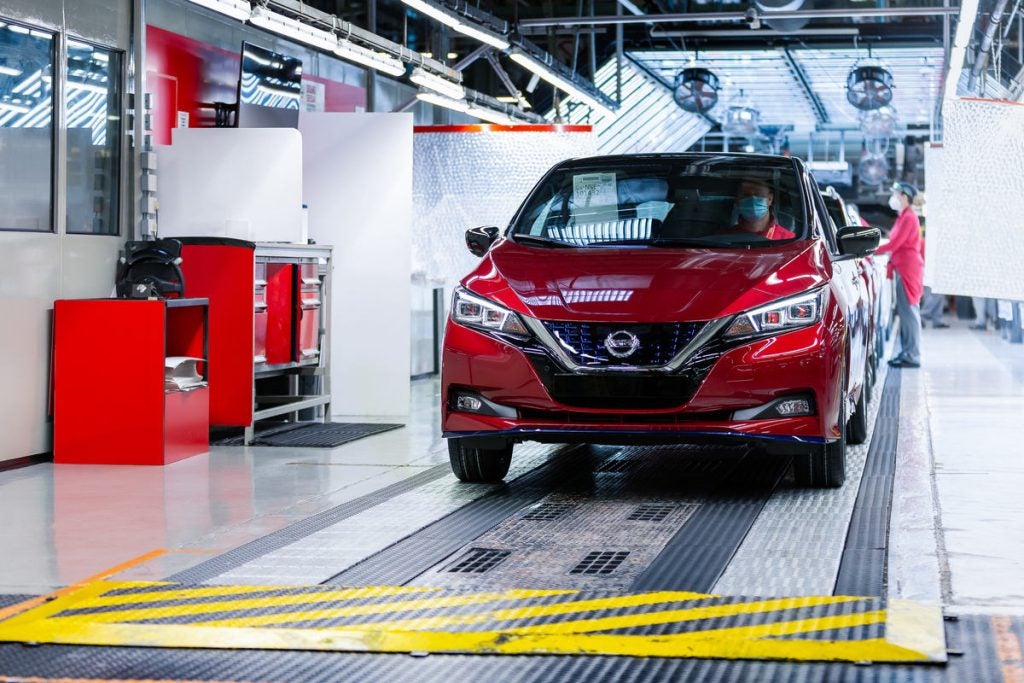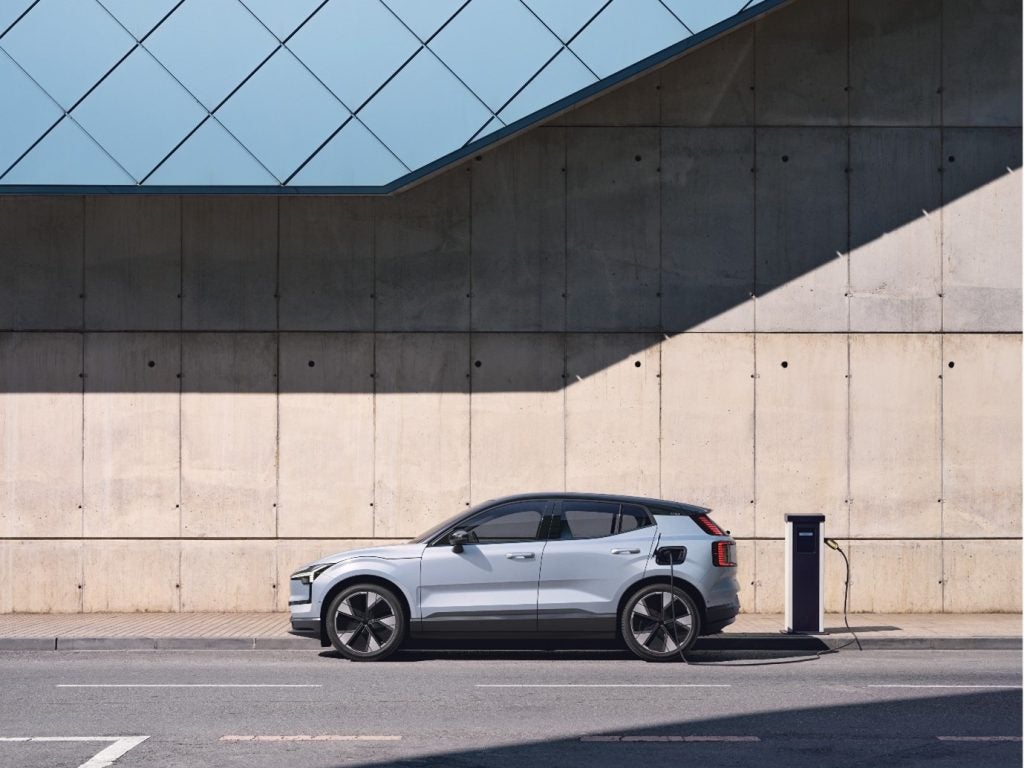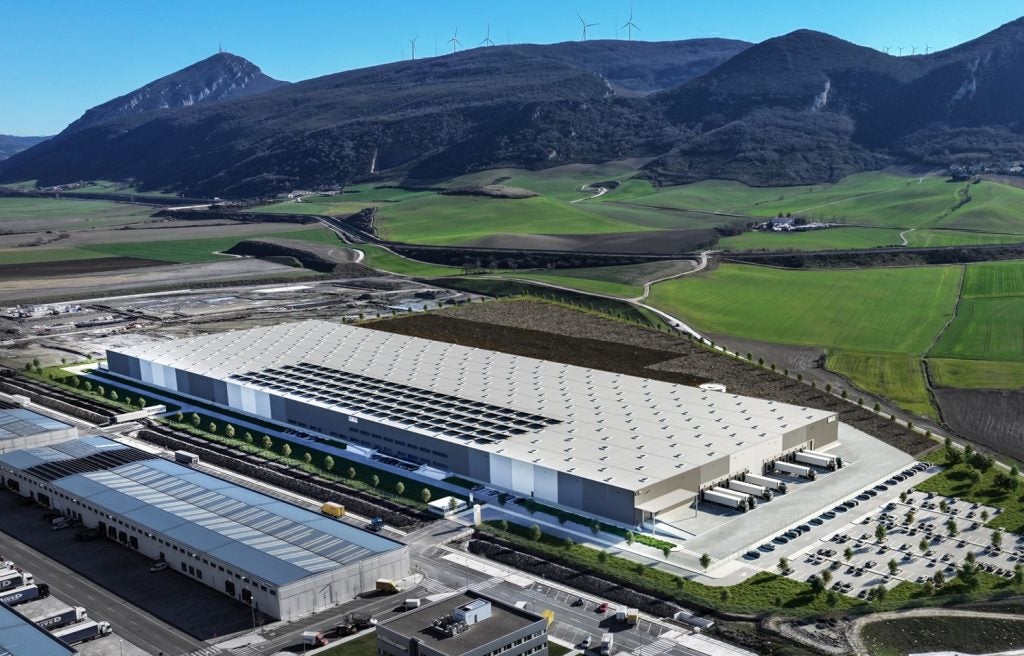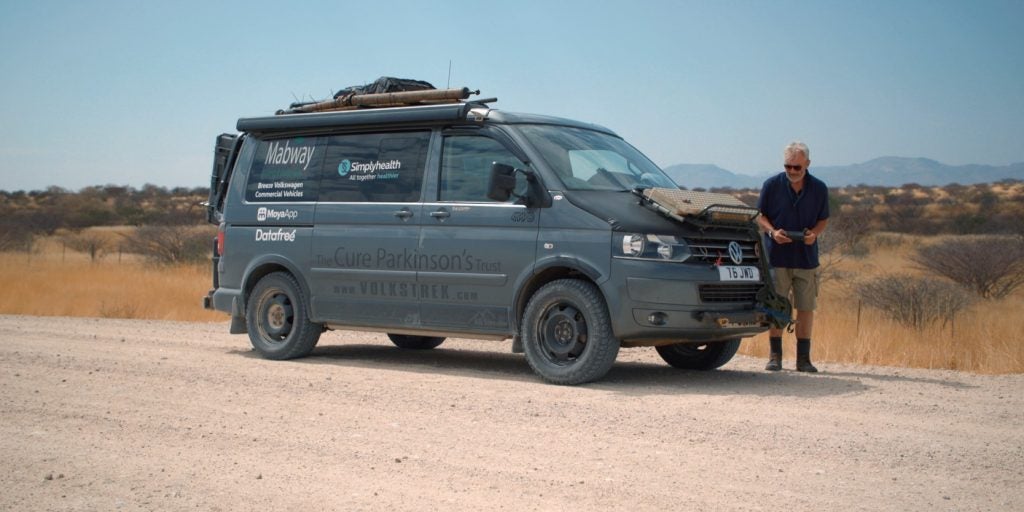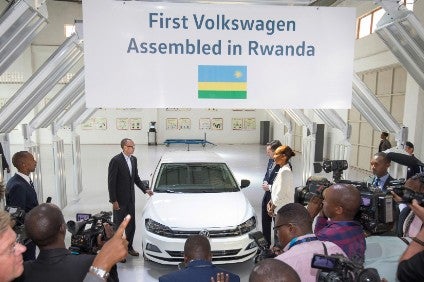
Volkswagen has launched integrated mobility in Rwanda which includes local vehicle assembly, mobility services and a sales and service retail outlet called CFAO Volkswagen Rwanda.
Thomas Schaefer, CEO of Volkswagen Group South Africa and responsible for the sub-Sahara region, officially launched the project in the capital Kigali.
He said: “Rwanda has great potential. The country is young, modern and hungry for individual mobility. With a package specifically tailored to the region comprising local vehicle production, new vehicle business and innovative mobility services, we intend to harness the opportunities for growth and create new opportunities. Rwanda can become a blueprint for other African and emerging market countries.”
Paul Kagame, president of the Republic of Rwanda, said: “Africa does not need to be a dumping ground for second hand cars, or second hand anything. In the long run, you end up paying a higher price anyway. If you can pay a high price for second hand, why not pay a high price for something new? It is a simple choice. Africans, Rwandans, we deserve better. This is one way of showing how we can afford it. For these and other reasons, this promising partnership with Volkswagen is off to a good start.”
Gerd Mueller, German federal minister for economic cooperation and development, said: “Volkswagen’s new project in Rwanda is the kind of activity we would like to see copied by other German companies. We want many more of them to launch new business ventures in Africa. Volkswagen has brought good ideas and a generous dose of pioneering spirit to this project and together with its German and Rwandan partners is developing a viable mobility concept for the future for Rwanda. We are pleased to support this project through Germany’s development cooperation. These companies are making a direct contribution towards sustainable economic development – and that is totally in keeping with the idea of our Marshall Plan with Africa. The only way for people in Rwanda and in other places to have an attractive future in their own countries is if they can be offered high-quality training and good jobs where they are.”
App-based car sharing and ride hailing offerings begin with community car sharing primarily aimed at companies in Kigali. A ride hailing service will follow later this year. Further mobility services are planned for 2019.
How well do you really know your competitors?
Access the most comprehensive Company Profiles on the market, powered by GlobalData. Save hours of research. Gain competitive edge.

Thank you!
Your download email will arrive shortly
Not ready to buy yet? Download a free sample
We are confident about the unique quality of our Company Profiles. However, we want you to make the most beneficial decision for your business, so we offer a free sample that you can download by submitting the below form
By GlobalData“Rwanda is the ideal market for new mobility solutions because the people there are very digitally-minded and tech-savvy. Moreover, demand for mobility is growing and the present offerings can scarcely keep pace with these needs,” VW said.
Local assembly of Polo and Passat will commence with other models planned for the future. Initially it is planned to build up to 1,000 vehicles per year depending on demand and the success of the mobility fleet, with an annual production capacity of up to 5,000 units. Assembly is flexibly designed and can be expanded further if required. The sales and service retail outlet CFAO Volkswagen Rwanda is part of the same complex and provides comprehensive customer service.
Volkswagen will spend US$20m in Rwanda for phase one.
In addition to Rwanda, Volkswagen is already active in South Africa, Nigeria, Kenya and Algeria. Further locations are planned.
Although the African automotive market is comparatively small today, the region could develop into a growth market of the future, VW said.
Schaefer said: “Volkswagen is one of the pioneers in Africa. Over 60 years ago, Volkswagen established its first plant outside of Germany in South Africa and now we are the first in the sub-Sahara region. Obviously there are some challenges, but there are great opportunities as well. By starting out with several, smaller operations we can learn and respond flexibly to developments. We believe in Africa.”
VW is creating up to 1,000 new skilled jobs and setting up a qualification and training centre together with other German companies. Employees working in the assembly operation have been trained by company instructors in Kenya and are ready to commence with production. Drivers for the mobility services will shortly be recruited and trained by VW and specialists. The automaker collaborates with local partners and suppliers wherever possible. The app for the digital mobility services was developed by a startup based in Kigali.



